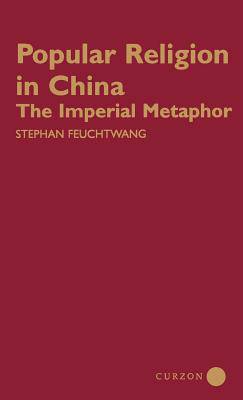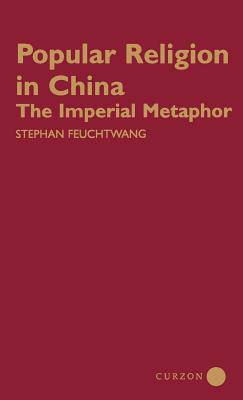
- Retrait gratuit dans votre magasin Club
- 7.000.000 titres dans notre catalogue
- Payer en toute sécurité
- Toujours un magasin près de chez vous
- Retrait gratuit dans votre magasin Club
- 7.000.0000 titres dans notre catalogue
- Payer en toute sécurité
- Toujours un magasin près de chez vous
Description
The institution of local festivals and temples is not as well known as that of ancestor worship, but it is just as much a universal fact of Chinese life. Its content is an imperial metaphor, which stands in relation to the rest of its participants' lives as the poetry of collective vision, theatrically performed, built and painted in temples, carved and clothed in statues. Stephan Feuchtwang has brought together unpublished as well as published results of his own and other anthropologists' fieldwork in the People's Republic of China and Taiwan and put them into an historical, political and theoretical context.
Students of anthropology will be intrigued. This is not a religion of a Book. Nor is it one of the named religions of China. Popular religion includes some elements of both Buddhism and the former imperial cults, more of Daoism, but it is identifiable with none of them. It is popular in the sense of being local and true of the China of the Han, or Chinese-speaking people, where every place had or has its local cults and the festivals peculiar to them. Its rites, in particular offerings of incense and fire, suggest a concept of religion. It is quite different from theories of religion based on doctrine and belief.
Students of politics will also find here vital and new perspectives. Politics is never far from religion, least of all in the People's Republic of China or colonial and post-colonial Taiwan. In the People's Republic of China, there is continuing conflict between the state and the growth of congregational and lo
Spécifications
Parties prenantes
- Auteur(s) :
- Editeur:
Contenu
- Nombre de pages :
- 283
- Langue:
- Anglais
Caractéristiques
- EAN:
- 9780700714216
- Date de parution :
- 09-03-01
- Format:
- Livre relié
- Format numérique:
- Genaaid
- Dimensions :
- 147 mm x 227 mm
- Poids :
- 462 g

Les avis
Nous publions uniquement les avis qui respectent les conditions requises. Consultez nos conditions pour les avis.






